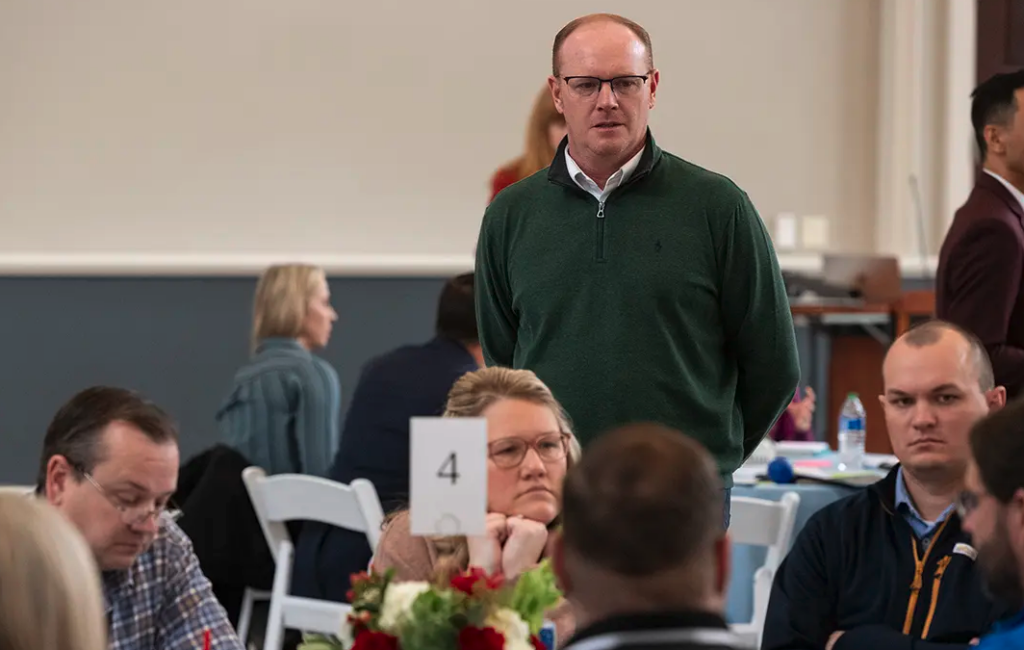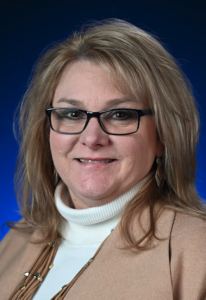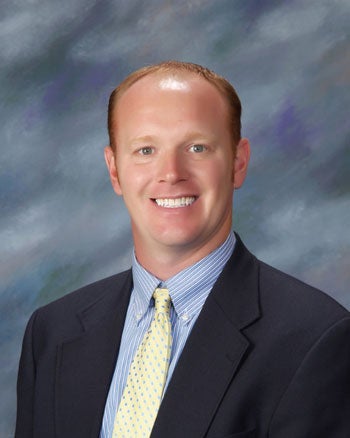Teachers, UM leaders discuss education’s toughest problems
Published 2:40 pm Tuesday, January 30, 2024

- Bradley Roberson (standing), superintendent of the Oxford School District and program coordinator for the National Center for School-University Partnerships, says chronic absenteeism and mathematics proficiency for students with disabilities are two major issues plaguing K-12 education. (Thomas Graning/Ole Miss Digital Imaging Services)
By Leslie Joblin
UM communications
Education leaders from across the country gathered on Jan. 26 at the University of Mississippi to discuss ways to tackle some of the most pressing and persistent challenges in K-12 education.
Multiple Mississippi school districts, as well as leaders from Arizona and Chicago and all members of the National Center for School-University Partnerships, discussed chronic absenteeism and math proficiency in students with disabilities during the consortium’s second convention.
Since the pandemic, students in every state have missed school at record rates. In the 2022-23 school year, 23.9 percent of Mississippi students missed more than 10 percent, or 18 days, of the school year, compared to only 13 percent in 2018-19, according to the Mississippi Department of Education.
Math proficiency for students with disabilities has also lagged behind those of their peers for more than two decades, according to National Assessment of Educational Progress test scores. The Mississippi Department of Education has designated many Mississippi schools as “in need of improvement” because of the lack of math proficiency in students with disabilities, said Bradley Roberson, superintendent of the Oxford School District and the center’s program coordinator.
“Oxford School District has two schools in improvement right now for that reason,” he said. “That’s why everyone in this room is so excited to be here. We all share the same problems. With both of these problems, we hope to see gains within a year.”
Chronic absenteeism leads to poorer grades and lower graduation rates, said Manuelito Biag, managing director of the Center for Post-Secondary Education at the Carnegie Foundation’s Center for Postsecondary Innovation.
“For early elementary, if these kids are missing more than 10 percent of classes, that leads to significant cognitive delays,” Biag said. “It really pushes them further behind.”
Aside from falling behind in class, chronic absenteeism also leads to a loss of critical experiences for students, said Ilana Dawson, a teacher and assistant principal in Arizona’s Avondale School District.
“When students miss school, they don’t just miss the content, they miss out on socialization and the soft skills that come from it,” Dawson said.
“They also miss out on things that can’t be ‘made up:’ that cool lab experiment, that field trip or pep rally that you remember when you think back on being a kid.”
The Ole Miss School of Education and the Oxford School District partnered to create the center in 2023 to address challenges in K-12 classrooms, said David Rock, dean of the education school. The center grew out of the Carnegie Foundation for the Advancement of Teaching’s Improvement Leadership Education and Development network.
The purpose of the center is to “collect, aggregate and disseminate strategies to tackle problems in education” not just in Mississippi, but across the nation, Rock said.

Denise Soares
Twenty-five schools, school districts and universities from Washington, D.C., to Arizona have joined the center since its founding last year.
Carnegie started the conversation about improvement science, but Rock and Roberson said they wanted to create a permanent hub for districts to share their strategies and successes.
Through the center, university partners will be able to better prepare future teachers to handle issues such as absenteeism and special education, said Denise Soares, professor of special education and the center’s interim director.
“We are sending our students out into these school districts,” Soares said. “Working alongside these districts to gain insight and understand these problems, it’s going to change how we prepare our future educators.”
Throughout the year, the school districts will work with coaches on a semi-monthly basis and report the data they collect back to the center, Soares said. When one school district finds success, all of them will succeed, she said.
“The work isn’t going to stop here,” Soares said. “I think this meeting will propel us forward and help us find real solutions.”





